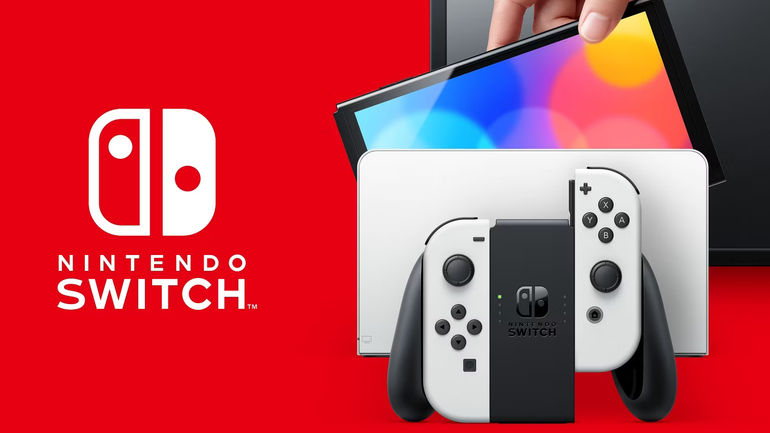
Nintendo Takes Legal Action Against Popular Switch Emulator Over Piracy Concerns

Nintendo responds with legal action against a widely-used Switch emulator, citing piracy concerns and pursuing damages for purported software violations.
Nintendo of America has taken legal action against the Switch emulator Yuzu, seeking its shutdown and damages for copyright infringement. The Nintendo Switch, released in 2017, has become one of the biggest consoles in gaming history, attracting the attention of emulators that Nintendo has been cracking down on.
Nintendo's protective stance on its intellectual property is evident in its frequent shutdowns of projects like Pokemon, Super Mario fan games, and unofficial ports of Legend of Zelda games. The company has also taken measures like blocking videos with copyrighted soundtracks and removing scans of old game magazines and guides. Additionally, Nintendo has implemented Denuvo support on the Switch to combat piracy. Now, the company is pursuing legal action against popular software and the harm caused to one of its major titles.
Nintendo Sues Yuzu and Requests Switch Emulator Shutdown
Stephen Totilo of Game File recently shared on Twitter that Nintendo of America is taking legal action against Yuzu, a popular Switch emulator. The lawsuit aims to seek damages for piracy violations and demand the shutdown of the emulator. In the screenshots of the lawsuit revealed by Totilo, Nintendo alleges that Yuzu contributes to promoting piracy by bypassing its software encryption. Nintendo supports its case by pointing out that The Legend of Zelda: Tears of the Kingdom was illegally downloaded over a million times within a week and a half before its official release. Despite being a major success, Nintendo claims that Yuzu not only facilitated the piracy of the game but also spoiled the gaming experience for many individuals.
Twitter article posted by Stephen Totilo
Nintendo has pointed out that support for Yuzu on Patreon doubled ahead of the launch of Zelda: Tears of the Kingdom. The company emphasized that the emulator essentially transforms devices into tools for intellectual property infringement, enabling players to enjoy Switch games without compensating Nintendo or the creators behind the games.
nintendo-switch-slanted-image - Yuzu is one of the most popular Switch emulators, allowing emulation on Windows, Linux, and Android devices
Yuzu, a highly popular Switch emulator, enables users to emulate games on various platforms such as Windows, Linux, and Android. However, despite its widespread recognition, Nintendo has a history of taking strong measures to safeguard its intellectual property rights. Even Valve, a prominent gaming company, has received a DCMA notice from Nintendo. This raises concerns about the future of Yuzu, as there may be potential alterations in its development trajectory or even the possibility of it being shut down entirely.
Editor's P/S:
Nintendo's lawsuit against Yuzu highlights the ongoing tension between intellectual property protection and the desire for emulation in the gaming community. While Nintendo has a legitimate interest in safeguarding its revenue stream, the shutdown of emulators could stifle creativity and innovation within the gaming ecosystem. It is crucial for both companies to find a balance that allows for the preservation of classic games while respecting copyright laws.
The potential shutdown of Yuzu is a significant loss for gamers who rely on emulation for various reasons. Emulators provide accessibility to retro games that are no longer available on modern consoles, allow for modding and preservation efforts, and serve as a valuable tool for game development. It is hoped that Nintendo and Yuzu can reach a compromise that enables the continued existence of the emulator while addressing Nintendo's concerns regarding piracy.














